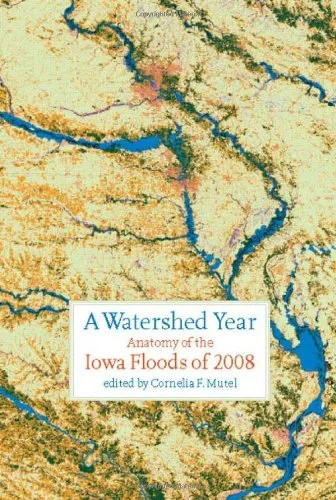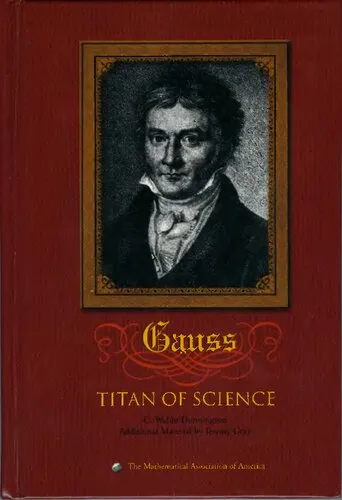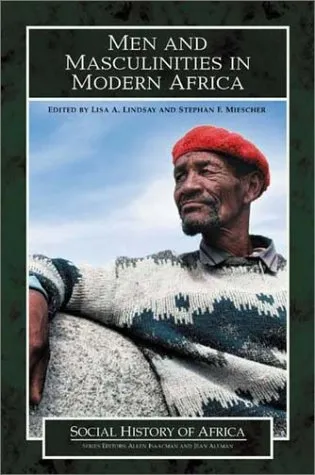A Watershed Year: Anatomy of the Iowa Floods of 2008 (Bur Oak Book)
4.5
Reviews from our users

You Can Ask your questions from this book's AI after Login
Each download or ask from book AI costs 2 points. To earn more free points, please visit the Points Guide Page and complete some valuable actions.Related Refrences:
Introduction to "A Watershed Year: Anatomy of the Iowa Floods of 2008"
Written by Cornelia F. Mutel, "A Watershed Year: Anatomy of the Iowa Floods of 2008" is a powerful exploration of one of the most devastating natural disasters in recent U.S. history. The book provides a meticulous account of the Iowa floods that ravaged communities, destroyed infrastructure, and reshaped landscapes in the summer of 2008. Through first-hand interviews, scientific analysis, and vivid descriptions, this work illuminates not only the flood’s immediate consequences but also its long-term impacts on society, ecology, and policy.
This book is more than just a recounting of events; it delves into the deep-seated reasons behind the flooding — from climate change to land use practices — and calls for urgent action to prevent similar catastrophes in the future. Mutel invites readers to think critically about the interconnectedness of nature, human activity, and climate systems. This book underscores the urgent need for sustainable environmental stewardship while underlining the resilience and adaptability of those who faced such unprecedented challenges.
Detailed Summary of the Book
"A Watershed Year" chronicles the series of events that led to and followed the massive flooding of 2008 in Iowa. Mutel begins by setting the stage, illustrating the geographical and ecological factors that make Iowa prone to flooding. She explains how historical land use practices, including extensive agriculture and urbanization, altered Iowa's watersheds and contributed to increased vulnerability.
The heart of the book lies in its detailed, day-by-day recounting of the flood. Mutel reconstructs the disaster through interviews with survivors, public officials, scientists, and volunteers, capturing their emotional and physical struggles. The destruction wrought by the flood affected major cities like Cedar Rapids and Iowa City, as well as rural areas, resulting in billions of dollars in damages.
The book is also a call to action. Mutel explores how climate change has amplified the frequency and intensity of extreme weather events, including heavy rainfall. She discusses the scientific evidence linking these trends and outlines how policy changes, combined with improved watershed management, can help mitigate future flooding risks. Lastly, the book highlights human resilience and the collaborative efforts of communities to recover and rebuild after the disaster.
Key Takeaways
- The Iowa floods of 2008 were a combination of natural forces and human-induced changes, including land development and agricultural practices.
- Climate change plays a significant role in increasing the intensity and frequency of extreme weather events, such as heavy rainfall.
- Effective watershed management and sustainable policy reforms are critical to reducing future flood risks.
- The strength and resilience of affected communities were key drivers in the recovery process, demonstrating the importance of collaboration during crises.
- This disaster serves as a stark reminder of the interconnectedness of natural and human systems and the urgent need for environmental stewardship.
Famous Quotes from the Book
- "Water remembers; it follows its ancient paths. And when the rains come in torrents, those paths reassert themselves."
- "The flood was not just nature's wrath but the culmination of decades of human interference with the land."
- "In disaster, we find our resilience and our humanity, as communities rebuild and grow stronger together."
- "Climate change is no longer a distant threat; its fingerprints are already on the ground beneath our feet."
Why This Book Matters
"A Watershed Year: Anatomy of the Iowa Floods of 2008" is an essential read for anyone interested in understanding the complex dynamics of climate disasters and their cascading impacts on society. Mutel's in-depth examination of the Iowa floods serves as both a historical record and a guide for future preparedness. The book shines a light on the consequences of climate inaction and unsustainable land use, offering valuable insights for environmentalists, policymakers, scientists, and everyday citizens.
The relevance of the book goes beyond the borders of Iowa. As climate change accelerates, extreme weather events are becoming a global challenge. Mutel's thoughtful analysis provides readers with tools to understand and address these systemic issues. It is a wake-up call to take responsibility for our environment and adopt proactive measures to secure a sustainable future.
By combining scientific rigor with compelling storytelling, Mutel bridges the gap between academic research and public consciousness, making this book a powerful contribution to the growing dialogue on climate resiliency and disaster management.
Free Direct Download
You Can Download this book after Login
Accessing books through legal platforms and public libraries not only supports the rights of authors and publishers but also contributes to the sustainability of reading culture. Before downloading, please take a moment to consider these options.
Find this book on other platforms:
WorldCat helps you find books in libraries worldwide.
See ratings, reviews, and discussions on Goodreads.
Find and buy rare or used books on AbeBooks.
1354
بازدید4.5
امتیاز0
نظر98%
رضایتReviews:
4.5
Based on 0 users review
Questions & Answers
Ask questions about this book or help others by answering
No questions yet. Be the first to ask!














